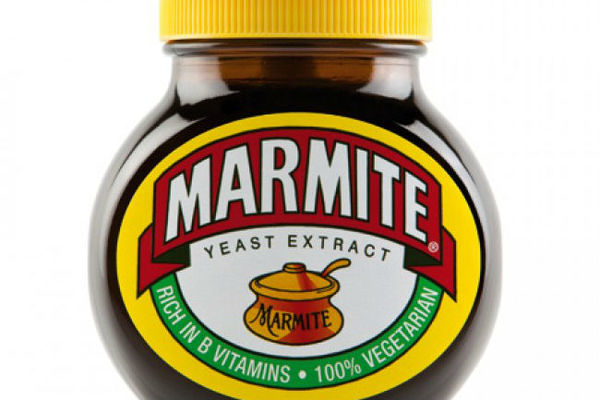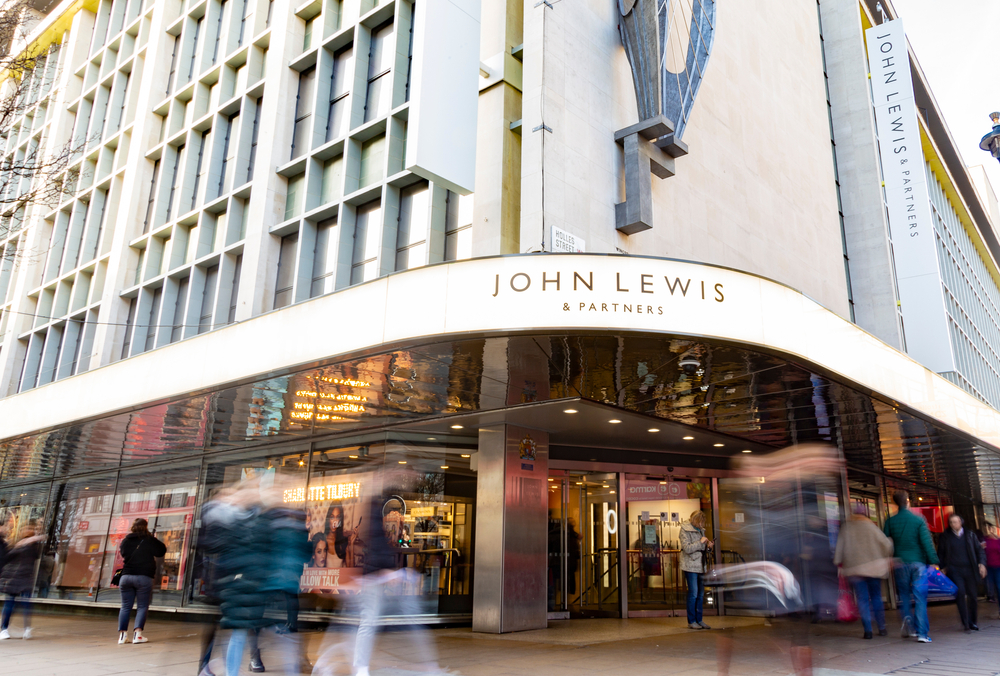In the wake of Marmitegate, the retail world is reeling with conjecture over the impact the weak pound could have on prices for retailers and consumers alike.
For smaller retailers without the unrivaled resources of Tesco‘s empire, not to mention its experienced PR team, it is going to be much harder for them to contest the price hikes of suppliers.
Many predict that the Unilever spat marks the start of a torrent of price hikes, and that the effects of the weak pound which have seen little impact since Brexit are finally starting to hit our pockets.
Others believe that it was nothing more than an opportunistic news story, well timed to capitalise on Brexit anxieties, exposing nothing more than what goes on behind the scenes every day in retail.
“I think big business aren‘t actually affected too much this minute either, it‘s just that they are planning ahead.”
“Almost resoundingly our customers haven‘t seen an impact, it‘s not really changing anything they are doing,” retail software providers Epos Now spokesperson Basil Choudhry said.
“The difference is that when the pound falls and prices rise, it has a slower impact on smaller businesses because these guys aren‘t buying massive vats of stock.
“Whereas Unilever are looking forward and thinking if we‘re paying worse rates now, this is going to be the stock that lands on shelves in three or four months‘ time.
“Small businesses will be affected, just not right this moment. I think big business aren‘t actually affected too much this minute either, it‘s just that they are planning ahead.”
Many small independent retailers, and indeed big retailers are still yet to feel the pinch of the weak pound.But looking to the future, changes are already being made to operations. Some are beginning to source goods from within the UK to eliminate the negative effects of currency fluctuation.
READ MORE: “Marmageddon” avoided as Tesco and Unilever settle dispute
Sally Mewies, a partner at the law firm Gowling WLG said: “Having spoken to Paul Southern, the director of an independent garden centre in Stratford-upon-Avon, it seems that for many the effects of the weak pound are yet to have a full impact but when it does, the smaller players will have little power to resist.
“However, the ‘Brexit’ effect is already having a practical impact on operations of many independent retailers. For example, having previously sourced goods from overseas, this year Mr Southern has turned to our shores for his procurement needs, for example buying in Christmas trees from Scotland.”
This was a key point of the recent focus on Marmite, as although Unilver trades internationally, Marmite is produced 100 per cent in the UK, so the pound fluctuation has no impact on its production costs.
“The reality is, no retailer really is going to bear the brunt of this, because they‘ll put their prices up.”
Choudhry added: “They‘re just anticipating prices and trying to stay ahead of the curb. These negotiations happen every day of the week, this is what every supplier does.
“It‘s no surprise this is with Tescos, Tesco have come under fire in the last year and a half for the way they‘ve been treating suppliers. Tesco have been squeezing their suppliers endlessly, the new chief exec has been trying to sweep those issues out of the company.
“They‘ve not got great supplier relationships; they will be talking to everybody. It just so happens this story with Unilever came along at the right time.”
Whatever the reasons behind “Marmitegate”, what is clear is that the weak pound is going to have an impact sometime in the next few months. Whether retailers or consumers will bear the brunt of this is still up for debate.
READ MORE: Inflation rises 1% as consumers start to feel the effects of the weak pound
“The reality is, no retailer really is going to bear the brunt of this. Because they‘ll put their prices up. It‘ll actually be the consumer that bears the brunt of this,” Choudhry stated.
“Independent retailers, whatever they‘re selling, if their suppliers are putting their prices up they‘ll just pass those on to the consumer. It‘s probably just returning inflation to normal.”
Southern added: “Whilst much of the cost increase resulting from the devaluation of sterling will have to be passed onto the consumer independent retailers will be trying to reduce their supply costs and look for other savings.”
Click here to sign up to Retail Gazette’s free daily email newsletter


















